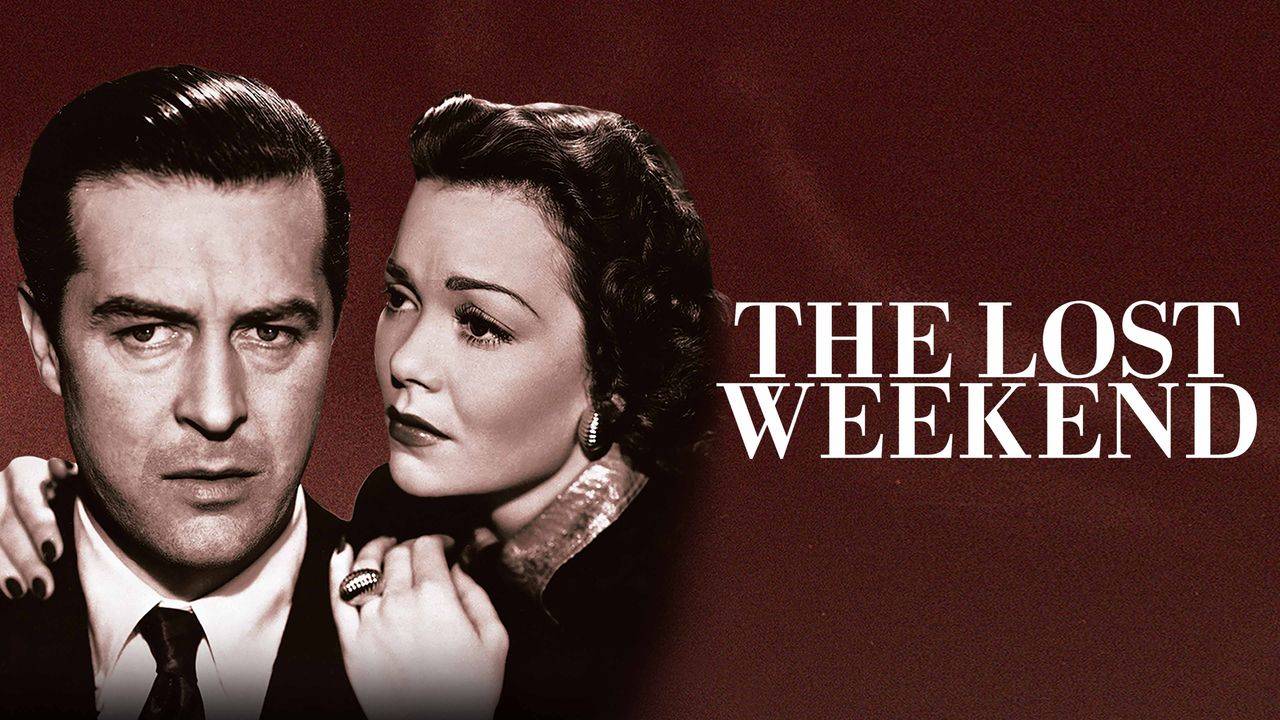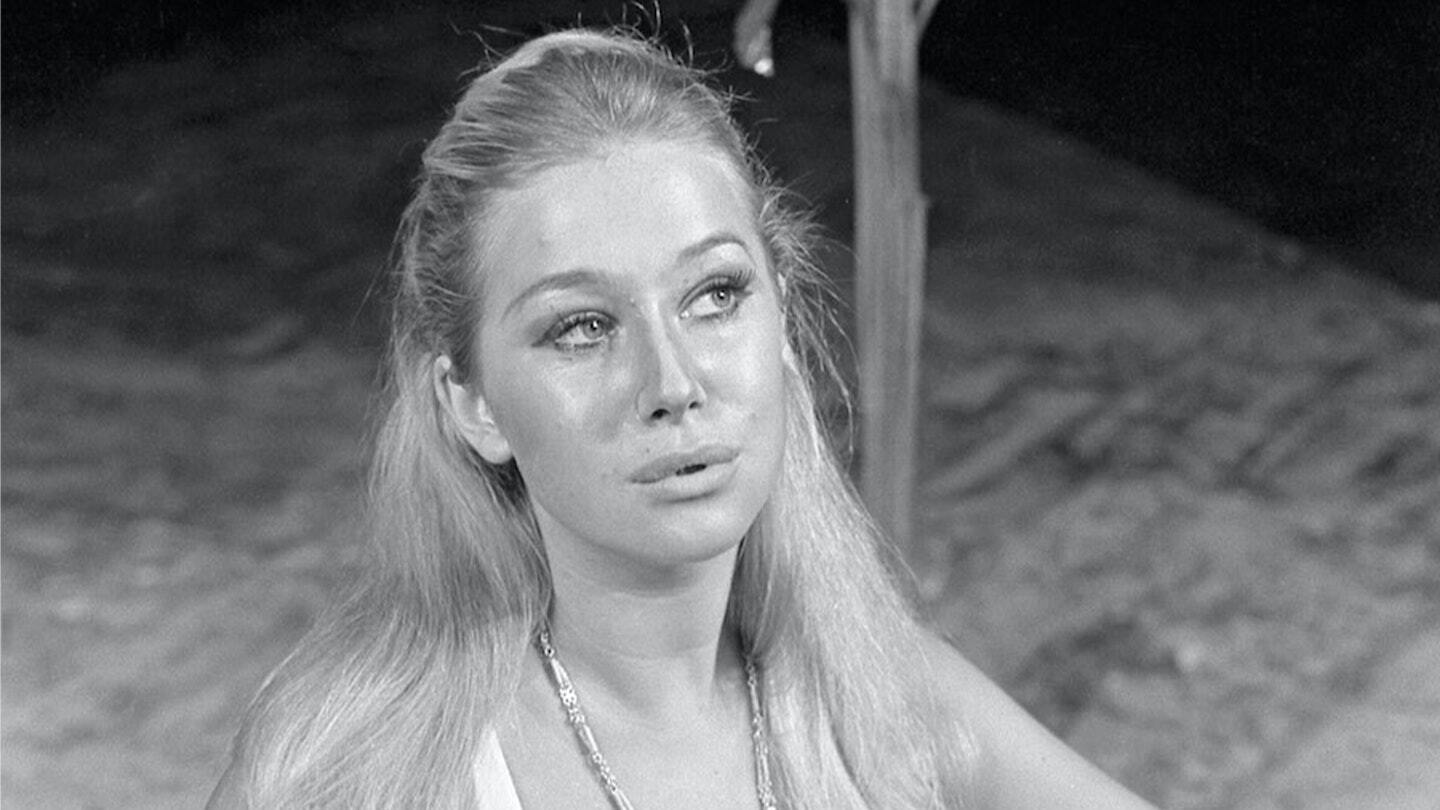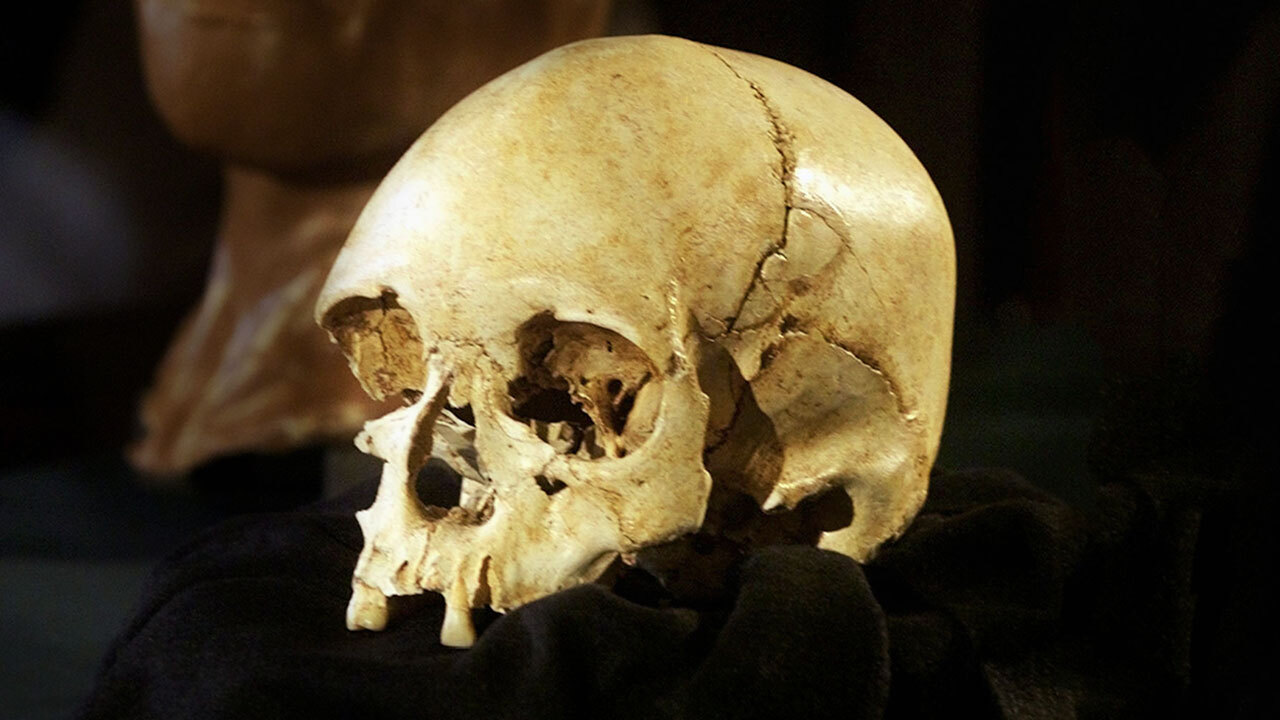
The Lost Weekend is a critically acclaimed film that delves into the dark and gripping world of addiction. Directed by Billy Wilder and released in 1945, the movie follows the story of Don Birnam, a struggling writer who spirals into a weekend-long binge of alcoholism.
Considered a groundbreaking film for its time, The Lost Weekend sheds light on the devastating effects of addiction through its realistic portrayal of alcoholism. The movie tackles themes of isolation, self-destruction, and the complex nature of addiction, making it a gripping and thought-provoking cinematic experience.
In this article, we will explore 30 fascinating facts about The Lost Weekend, ranging from behind-the-scenes trivia to its impact on the film industry and its enduring legacy. So grab your popcorn and get ready to dive deep into the world of this iconic movie.
Key Takeaways:
- “The Lost Weekend” is a groundbreaking film that bravely portrays the struggles of alcoholism, earning critical acclaim and sparking important conversations about addiction and mental health in cinema history.
- This timeless masterpiece, released in 1945, continues to captivate audiences with its raw emotional intensity, unforgettable performances, and powerful storytelling, paving the way for honest portrayals of addiction in film.
“The Lost Weekend” was released in 1945.
Directed by Billy Wilder, this groundbreaking film hit theaters in the aftermath of World War II and captivated audiences with its bold and honest portrayal of alcoholism.
It was based on the novel by Charles R. Jackson.
The film is an adaptation of Jackson’s novel of the same name, which was published in The book drew on the author’s personal experiences with alcoholism.
“The Lost Weekend” won four Academy Awards.
The film received critical acclaim and went on to win Best Picture, Best Director, Best Actor, and Best Adapted Screenplay at the 18th Academy Awards.
It was the first film to address alcoholism in such a raw manner.
The Lost Weekend” broke new ground in its realistic depiction of the struggles and consequences of alcohol addiction, opening the door for more honest portrayals of addiction in cinema.
Ray Milland delivered a captivating performance as the lead character.
Milland’s portrayal of Don Birnam, a struggling writer overcome by alcoholism, earned him an Academy Award for Best Actor. His performance continues to be lauded as one of the best in cinema history.
Production faced challenges due to the strict censorship of the time.
Despite the powerful subject matter, the Hays Code, which governed film content at the time, posed obstacles for the filmmakers. They had to navigate around the restrictions to create a powerful and impactful film.
“The Lost Weekend” was a commercial success.
Despite initial concerns about its controversial theme, the film performed well at the box office, further solidifying its impact on audiences.
It was well-received by critics.
Critics praised the film for its realism, captivating performances, and emotional depth. The Lost Weekend” continues to be recognized as a cinematic masterpiece.
The film delves into the psychological struggles of addiction.
Through powerful imagery and storytelling, “The Lost Weekend” explores the emotional turmoil and self-destructive behaviors that often accompany addiction.
The musical score was composed by Miklós Rózsa.
Rózsa’s haunting and evocative score added an additional layer of depth to the film, enhancing the emotions and tension onscreen.
The film faced some controversy upon release.
The frank depiction of alcoholism and its consequences stirred up debate, with some fearing that the film would glamorize addiction rather than shed light on its destructive nature.
“The Lost Weekend” is considered a groundbreaking film noir.
While film noir typically deals with crime and mystery, “The Lost Weekend” broke new ground by exploring the dark and troubled psyche of its protagonist.
The film garnered international recognition.
“The Lost Weekend” received praise and accolades from international film festivals, solidifying its place as a significant contribution to cinema on a global scale.
The movie’s budget was relatively low.
With a modest budget of around $1.2 million, “The Lost Weekend” proved that powerful storytelling and strong performances could outweigh extravagant production costs.
The film’s title refers to a prolonged drinking binge.
The term “lost weekend” is commonly used to describe a period of excessive drinking, often resulting in time wasted and personal turmoil.
The film addresses the stigmatization surrounding addiction.
The Lost Weekend” sheds light on the societal judgment and lack of understanding surrounding addiction, aiming to challenge stereotypes and misconceptions.
It was one of the first films to portray alcohol withdrawal symptoms accurately.
Through powerful performances and meticulous attention to detail, “The Lost Weekend” depicted the physical and psychological effects experienced by those going through alcohol withdrawal.
The film’s screenplay was co-written by Billy Wilder and Charles Brackett.
Wilder and Brackett collaborated to bring the story to life, crafting a screenplay that captured the essence of the novel while making it suitable for the big screen.
Jane Wyman co-starred in the film.
Wyman delivered a strong performance as Helen St. James, the supportive girlfriend of the film’s troubled protagonist. Her portrayal added depth and emotional resonance to the story.
“The Lost Weekend” continues to be a source of inspiration for filmmakers.
Decades after its release, the impact of “The Lost Weekend” can still be felt in contemporary films exploring addiction and mental health.
The film’s success marked a turning point for its director.
The Lost Weekend” solidified Billy Wilder’s reputation as a bold and talented director, paving the way for his future successes.
It had a profound influence on the portrayal of addiction in cinema.
The honest and unflinching portrayal of alcoholism in “The Lost Weekend” set the stage for future films to delve into the complexities of addiction, leaving a lasting impact on the world of cinema.
The film’s depiction of hallucinations was ahead of its time.
Through innovative visual techniques and masterful storytelling, “The Lost Weekend” immerses viewers in the distorted reality of addiction, highlighting the terrifying effects it can have on the mind.
“The Lost Weekend” received the prestigious Palme d’Or at the Cannes Film Festival.
The film’s international recognition reached new heights when it won the Palme d’Or, the highest prize awarded at the Cannes Film Festival.
The production team worked closely with Alcoholics Anonymous during the making of the film.
In an effort to accurately portray the struggles of addiction, the filmmakers consulted with Alcoholics Anonymous, ensuring the film’s authenticity and sensitivity.
The movie was considered controversial for its time.
Due to its frank and unapologetic portrayal of alcoholism, “The Lost Weekend” pushed the boundaries of what was acceptable in mainstream cinema during the 1940s.
It sparked discussions about alcoholism and addiction.
The Lost Weekend” ignited conversations about the realities of addiction, leading to increased awareness and understanding of the issue.
The film remains a poignant exploration of self-destruction.
Through its powerful storytelling and compelling performances, “The Lost Weekend” serves as a reminder of the devastating consequences that can arise from unchecked addiction.
The movie’s success had a lasting impact on addiction narratives in film.
The Lost Weekend” paved the way for future films to tackle topics of addiction, mental health, and recovery with honesty, empathy, and nuance.
“The Lost Weekend” is a timeless masterpiece.
With its raw emotional intensity, unforgettable performances, and powerful storytelling, “The Lost Weekend” continues to captivate audiences and solidify its place in cinematic history.
Conclusion
Overall, The Lost Weekend is a timeless classic that continues to captivate audiences with its compelling story and outstanding performances. The film not only shed light on the harrowing realities of alcoholism but also pushed the boundaries of filmmaking with its innovative storytelling techniques. Billy Wilder’s direction, along with Ray Milland’s powerful performance, earned them well-deserved acclaim and several prestigious awards. The Lost Weekend remains an important milestone in cinema history, tackling a sensitive subject matter with sensitivity and honesty. If you haven’t seen this film yet, it’s definitely worth adding to your must-watch list.
FAQs
Q: Is The Lost Weekend based on a true story?
A: While The Lost Weekend is not based on a specific true story, it was inspired by real-life experiences of addiction and recovery. The film’s writer, Charles Brackett, and director, Billy Wilder, drew inspiration from various sources to create a powerful and authentic portrayal of the struggles faced by alcoholics.
Q: Did The Lost Weekend win any awards?
A: Yes, The Lost Weekend was a critically acclaimed film that won several awards. It won four Academy Awards, including Best Picture, Best Director, Best Actor, and Best Writing. The film’s success further solidified its place in cinematic history.
Q: How did The Lost Weekend contribute to the portrayal of alcoholism in cinema?
A: The Lost Weekend was a groundbreaking film that brought the issue of alcoholism to the forefront of cinema. It portrayed the devastating effects of addiction in a realistic and honest way, challenging the stereotypes and misconceptions surrounding alcoholism. The film sparked important conversations about the disease and opened doors for future portrayals of addiction in cinema.
Q: What makes The Lost Weekend a classic film?
A: The Lost Weekend is considered a classic film due to its enduring impact on cinema and its ability to resonate with audiences across generations. The film’s powerful storytelling, exceptional performances, and exploration of complex themes like addiction and redemption have solidified its place as a timeless masterpiece.
Q: Where can I watch The Lost Weekend?
A: The Lost Weekend is widely available on various streaming platforms and can also be rented or purchased on DVD or Blu-ray. It is a must-watch for any movie enthusiast or anyone interested in exploring the depths of human struggle and redemption.
If you enjoyed learning about "The Lost Weekend," why not explore more fascinating facts about other classic films? Discover the captivating story behind "Butterfield 8," a classic film that pushed boundaries. Dive into the life and career of Ray Milland, the talented actor who brought depth to his roles. Uncover the secrets of "Double Indemnity," a film noir masterpiece directed by Billy Wilder. Each article offers a treasure trove of information, perfect for movie buffs and curious readers alike. Embark on a journey through cinema history and expand your knowledge of these iconic films.
Was this page helpful?
Our commitment to delivering trustworthy and engaging content is at the heart of what we do. Each fact on our site is contributed by real users like you, bringing a wealth of diverse insights and information. To ensure the highest standards of accuracy and reliability, our dedicated editors meticulously review each submission. This process guarantees that the facts we share are not only fascinating but also credible. Trust in our commitment to quality and authenticity as you explore and learn with us.


